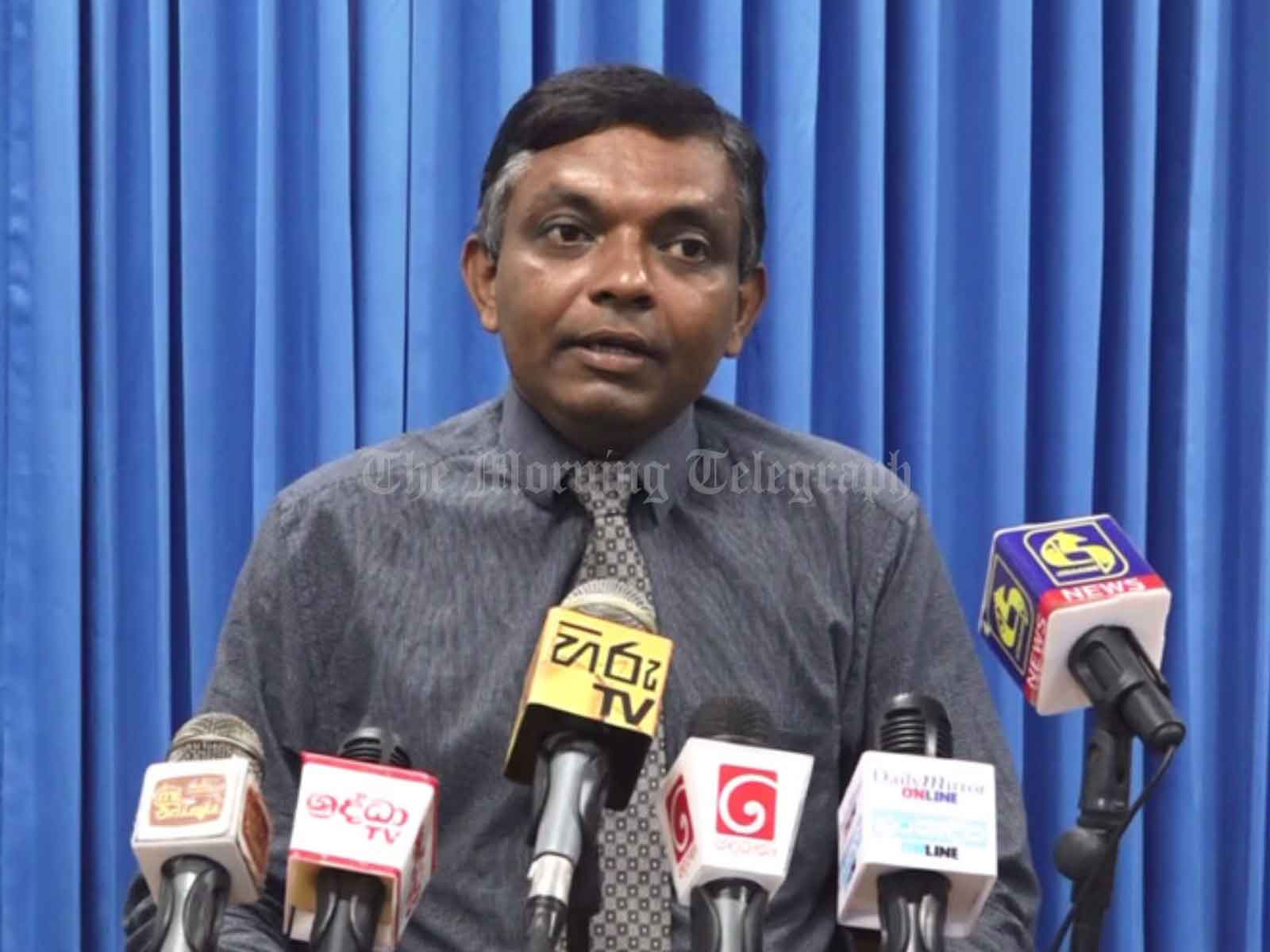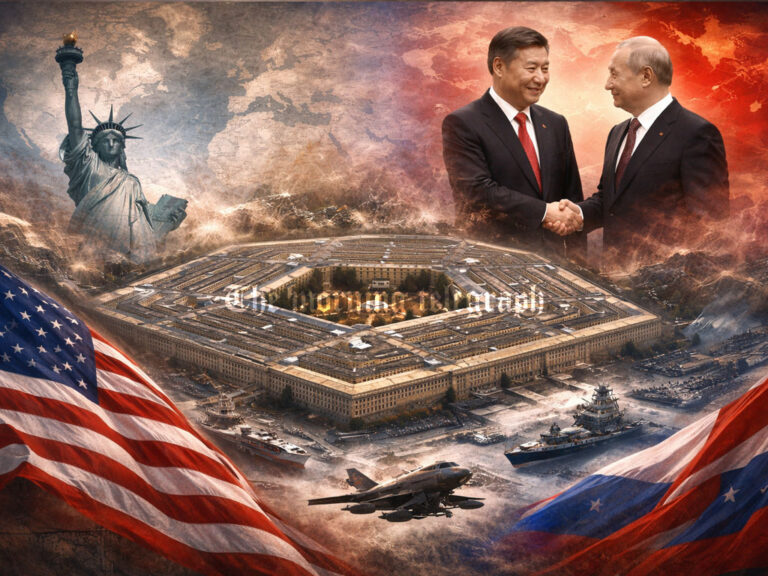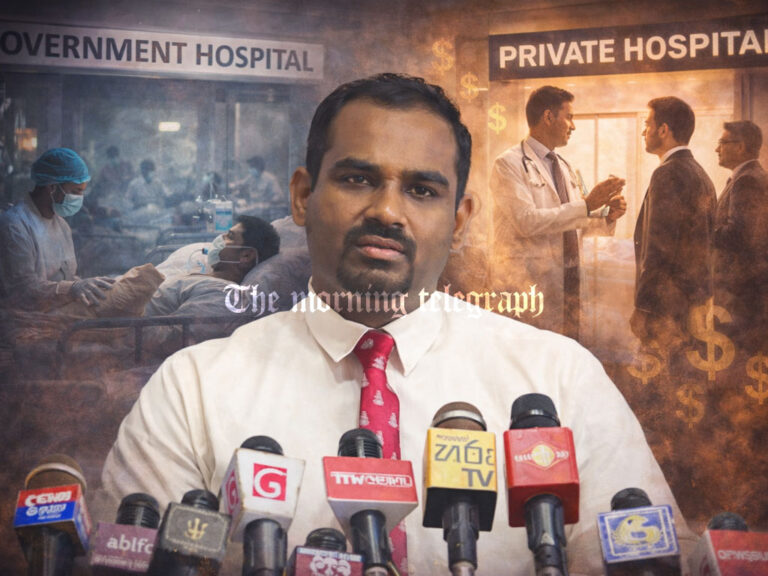
COLOMBO – Dr. Priyanga Dunusinghe, a senior lecturer in economics at the University of Colombo, has commended President Anura Kumara Dissanayake for breaking his election promises, arguing that the shift will benefit Sri Lanka’s economy. Despite pledging different approaches before the presidential election, Dissanayake has continued the economic policies set forth by former President Ranil Wickramasinghe, including adherence to the International Monetary Fund (IMF) agreements.
Dr. Dunusinghe noted that prior to the election, the National People’s Power (NPP) promised to pursue alternative strategies regarding debt sustainability, especially concerning the IMF’s role. These included a more independent approach to debt restructuring. However, since taking office, the new president has not introduced any significant deviations from the existing economic framework. The IMF’s debt restructuring plan continues to move forward unchanged, reflecting a continuity in economic policy.
One area where some adjustments could occur is tax policy. Dr. Dunusinghe suggested that there might be changes regarding income taxation in the future, but even those would align with proposals initially introduced by Wickramasinghe before the election. Thus, while some minor tax reliefs could be expected, the broader economic policy direction remains consistent with the prior administration’s agenda.
According to Dr. Dunusinghe, this alignment with Wickramasinghe’s economic policies is a positive development. He argued that Dissanayake’s decision to maintain the existing approach will stabilize the economy, even if it means abandoning the promises made during the campaign. He acknowledged that for voters who hoped for a dramatic shift in economic policy, the current direction might be disappointing. However, from an economic perspective, he sees the continuation of Wickramasinghe’s policies as necessary to avoid another crisis.
Furthermore, Dr. Dunusinghe highlighted the importance of experienced leadership in the economic sector. The new administration has retained key officials, such as the Secretary of the Ministry of Finance and the Governor of the Central Bank, who were involved in economic decision-making during the previous government. Their expertise, he said, is crucial for maintaining stability and implementing the IMF agreement.
Dr. Dunusinghe also pointed out that the NPP’s stance on certain projects has shifted since the election. For example, the party initially promised to cancel the controversial wind power project involving the Adani Group. However, the government has now decided to proceed with the project, signaling a pragmatic approach to foreign investment and infrastructure development.
In his analysis, Dr. Dunusinghe argued that President Dissanayake’s pragmatic departure from his campaign rhetoric demonstrates an understanding of the country’s economic realities. Despite breaking election promises, the decision to adhere to the established economic policies is seen as a move to ensure stability and prevent further economic turmoil. The continuation of Wickramasinghe’s policies is a recognition that drastic changes could risk destabilizing the fragile recovery, making this course of action vital for the country’s economic sustainability.
While some may view the breaking of promises as a betrayal, Dr. Dunusinghe concluded that from an economic standpoint, it is a necessary compromise to secure a stable future for Sri Lanka.





Whatever said and done people were mislead by Mr. Anura Kumara for the sake of achieving the presidency.
People in Srilanka should learn a lesson from that.